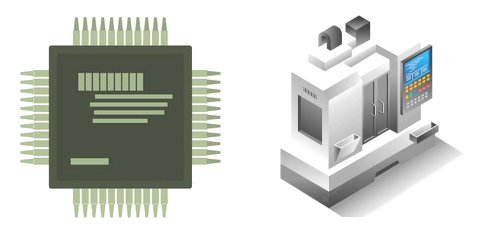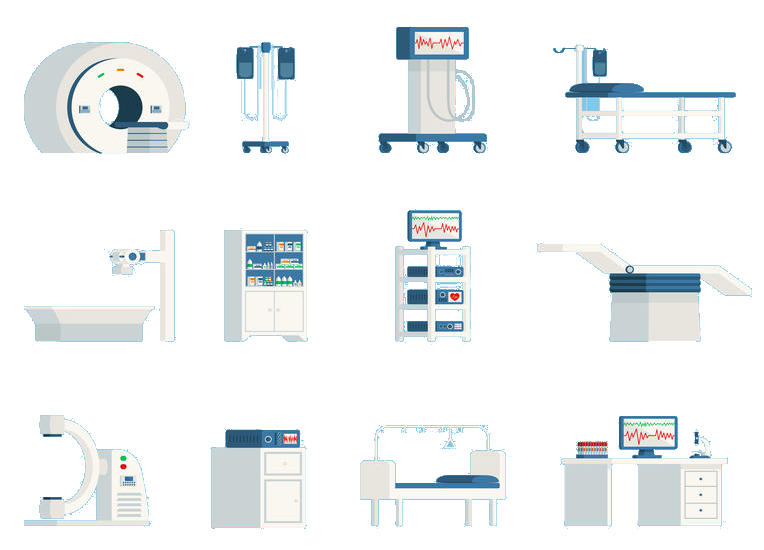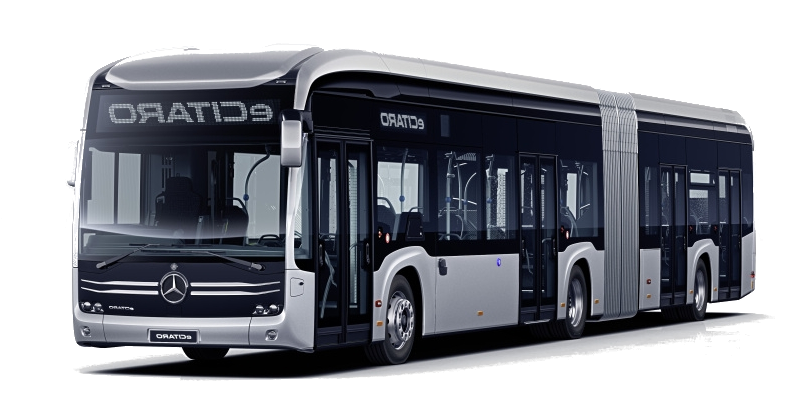
漢德百科全書 | 汉德百科全书
 IT-Times
IT-Times



 History
History
 N 2000 - 2100 AD
N 2000 - 2100 AD


 IT-Times
IT-Times
 Production Engineering/Manufacturing Technologies
Production Engineering/Manufacturing Technologies


 IT-Times
IT-Times
 Artificial Intelligence
Artificial Intelligence


 IT-Times
IT-Times
 CNC
CNC


 IT-Times
IT-Times
 CRM/EAM/ERP/SRM/SCM/HCM/QM/XM/WFM
CRM/EAM/ERP/SRM/SCM/HCM/QM/XM/WFM


 IT-Times
IT-Times
 CAD/CAE/CAM/EDA/PDM/PLM
CAD/CAE/CAM/EDA/PDM/PLM


 IT-Times
IT-Times
 Industrial Robot
Industrial Robot


 IT-Times
IT-Times
 PLC/DCS/FCS/SCADA/MES
PLC/DCS/FCS/SCADA/MES
 United States
United States

| Technology | Location | |
|---|---|---|
| National Additive Manufacturing Innovation Institute (NAMII) | 3D printing | Youngstown, Ohio |
| Digital Manufacturing and Design Innovation Institute (DMDII) | Digital manufacturing | Chicago, Illinois |
| Lightweight Materials Manufacturing Innovation Institute (ALMMII) | Lightweight materials | Detroit, Michigan |
| Next Generation Power Electronics Institute (PowerAmerica) | Wide-bandgap semiconductors | Raleigh, North Carolina |
| Institute for Advanced Composites Manufacturing Innovation (IACMI) | Composite materials | Knoxville, Tennessee |
| American Institute for Manufacturing Integrated Photonics (AIM Photonics) | Photonic integrated circuits | Rochester, New York |
| Flexible Hybrid Electronics Manufacturing Innovation Institute | Flexible electronics | San Jose, California |
| Advanced Functional Fabrics of America (AFFOA) | Textiles | Cambridge, Massachusetts |
| Smart Manufacturing Innovation Institute | Smart manufacturing | Los Angeles, California |



Graphcore智能处理单元(IPU)是一个高度并行的处理器,专门为机器学习和人工智能应用而设计。基于IPU的系统,如IPU-POD™或Bow™ Pod,连接到一个主机,该主机可以在一个或多个IPU上执行代码。
Die Graphcore Intelligence Processing Unit (IPU) ist ein hochparalleler Prozessor, der speziell für maschinelles Lernen und Anwendungen der künstlichen Intelligenz entwickelt wurde. Ein IPU-basiertes System, wie z. B. ein IPU-POD™ oder ein Bow™ Pod, wird mit einem Host-Computer verbunden, der Code auf einer oder mehreren IPUs ausführen kann.

智能制造(英语:Smart manufacturing)[1]是指引入电脑整合制造以及数字信息技术的制造业。智能工厂就是典型的智能制造。智能制造中有可互操作的系统、智能自动化机器人、强大的网络安全以及联网的传感器。
Smart manufacturing[1] is a broad category of manufacturing that employs computer-integrated manufacturing, high levels of adaptability and rapid design changes, digital information technology, and more flexible technical workforce training.[2] Other goals sometimes include fast changes in production levels based on demand,[3][1] optimization of the supply chain,[3] efficient production and recyclability.[4] In this concept, as smart factory has interoperable systems, multi-scale dynamic modelling and simulation, intelligent automation, strong cyber security, and networked sensors.
The broad definition of smart manufacturing covers many different technologies. Some of the key technologies in the smart manufacturing movement include big data processing capabilities, industrial connectivity devices and services, and advanced robotics.[

 Science and technology
Science and technology
 Medical, Pharmaceutical, Rehabilitation
Medical, Pharmaceutical, Rehabilitation
 Medical equipment
Medical equipment


 Automobile
Automobile